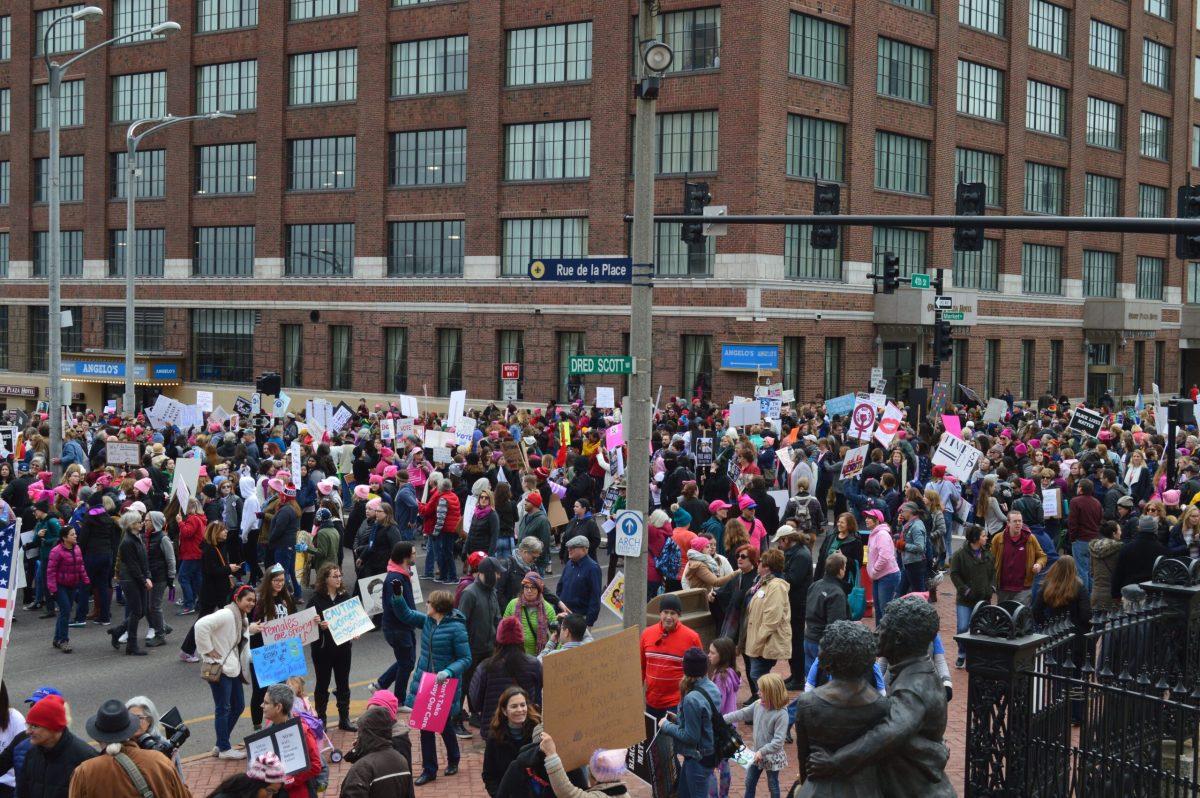_Madi Baughman is a freshman journalism and political science major at MU. She is an opinions columnist who writes about political and civil rights issues for The Maneater._
Maybe you’re reading this because you recently decided to become an activist. You made up your mind to get more involved, so you went to a women’s march. Maybe you even went two years in a row. You’re registered to vote, and you promise you’ll come out for the midterm elections, not just the presidential one. You occasionally share posts on Facebook about your political views or causes that you care about. Hell, you even donated to some GoFundMe campaigns where you really feel sympathetic for the person asking for money.
So have I — and we’re not special. I’ll let you in on a little secret: I’m not that great of an activist. And if you can relate to my experiences, you’re not, either.
Here’s the thing about activism: It’s true that getting involved does help, even if it’s just marching to increase visibility of a certain cause. However, your activism needs to go farther than just participating in a march or making it to the polls once every couple of years. It feels good when you finish a march or come home from voting, and we have made big strides, but it’s important to remember that the work is far from over.
For example, 780 million people lack access to clean, safe water, according to the CDC. This might sound like something only third-world countries face, but that’s not so. Remember the Flint water crisis? It got 15 minutes of fame a few years ago when everybody decided to care about it for a week or so, and then the widespread support mysteriously disappeared when the problem wasn’t fixed quickly enough. Three years later, some residents still can’t drink their tap water, and it’s estimated that the problematic piping in Flint won’t be completely fixed until at least 2020. And this is just one example of why activism can’t be just a one-and-done type of thing; there are so many people who still need our help — both in our country and worldwide — and millions of causes to choose from.
Lending a hand once in a while is not enough. We have to be there for the people who need it the most. If you really care about something, you should fight for it if you get the chance. Get involved in your community — even in your local government, if that’s something that interests you. Volunteer for a nonprofit that you believe in. Make your voice heard.
Maybe after reading this, you’re asking yourself, “Now what?” We can only try to do better in the future. So here’s my pledge: I’ll do better in the future. I’ll get more involved. I’ll stand up for what I believe in and actively fight for the society I want to see. If you’re ready to start, too, then let’s get down to business.














